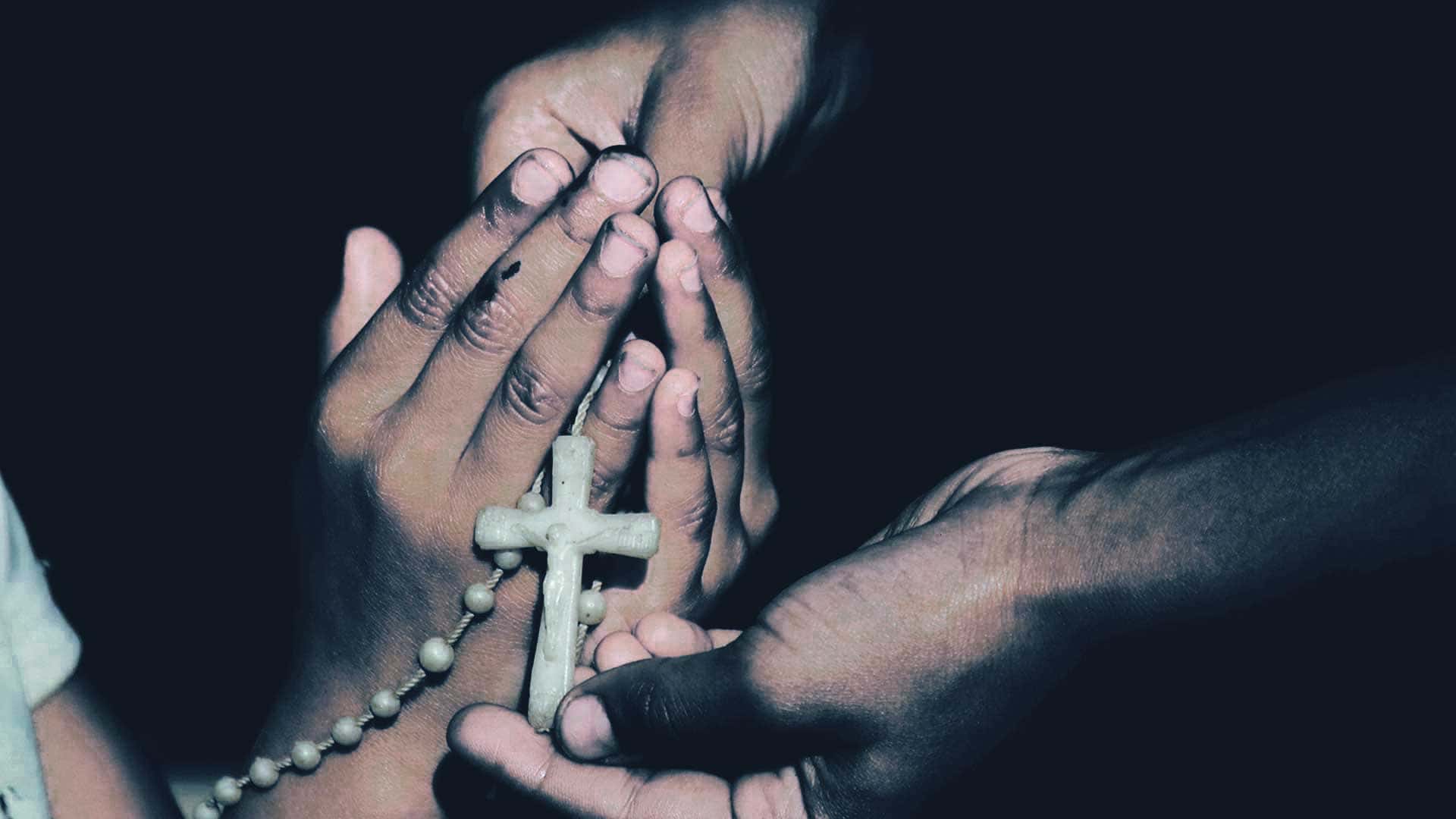Society in Pakistan is generally hostile to those who renounce Islam, an act known as apostasy. Apostasy is widely considered to be a form of blasphemy. Many Christian converts practice their faith in secret, as conversion is seen as shameful and a betrayal of family and community. As a result, those accused of apostasy face ostracism, restricted movement, surveillance, and even ‘house-arrest’ by their family. Religious books for private worship may also be confiscated.
While there is no specific statutory law that criminalizes apostasy in Pakistan, a 2007 proposal to impose the death penalty for apostasy failed to pass in Parliament. Despite this, certain legal scholars argue that Islamic law could be used to fill this legal gap, creating a precarious situation for those guilty of apostasy.
Although criminal prosecutions for apostasy remain rare, the consequences of conversion are severe. It has been reported that if a Muslim couple converts to another religion, their children could be declared illegitimate. Apostasy can also expose individuals to Pakistan’s blasphemy laws, which prescribe life imprisonment for defiling the Quran or the death penalty for derogatory remarks about the Prophet Muhammad.
In a 2010 publication by the Centre for Crime and Justice Studies, Professor Javaid Rehman defines apostasy as the rejection of Islam by a Muslim. This renunciation or criticism of the Almighty or the Prophet is perceived as blasphemous and deeply offensive to many in society.
Professor of Law, Javaid Rehman, who investigated ‘the uses and abuses of certain interpretations of Sharia law and the Quran’, defined apostasy in a 2010 publication by the Centre for Crime and Justice Studies:
- ‘Apostasy (also known as Ridda) occurs when a Muslim (by his words or actions) renounces and rejects Islam. Rejection or criticism of the All Mighty or His Prophet is perceived as an insult to Islam, offensive and routinely regarded as blasphemous. Blasphemy connotes the insult of God or Prophet Mohammad and other revered figures in Islam, and can be committed by believers and non-believers alike. Apostasy from Islam and blasphemy against Islam therefore remain (and have always remained) unacceptable.’
There is no law in Pakistan against religious conversion though according to Shehryar Fazli, Senior Analyst and Regional Editor at the International Crisis Group (ICG), speaking at European Union Agency for Asylum conference on Pakistan in October 2017 said:
- ‘A person who converts out of Islam will be accused of apostasy.’
In January and February 2021, the All Party Parliamentary Group for Pakistani Minorities held an inquiry on the abduction, forced conversion and marriage of religious minorities in Pakistan and heard from multiple stakeholders on the issue. The subsequent report, which summarized the evidence heard, noted that, whilst there was no law against conversion, ‘If a Muslim changes his or her religion, they are ostracized from family and society and face substantial risks of being charged with Pakistan’s draconian blasphemy laws.’


